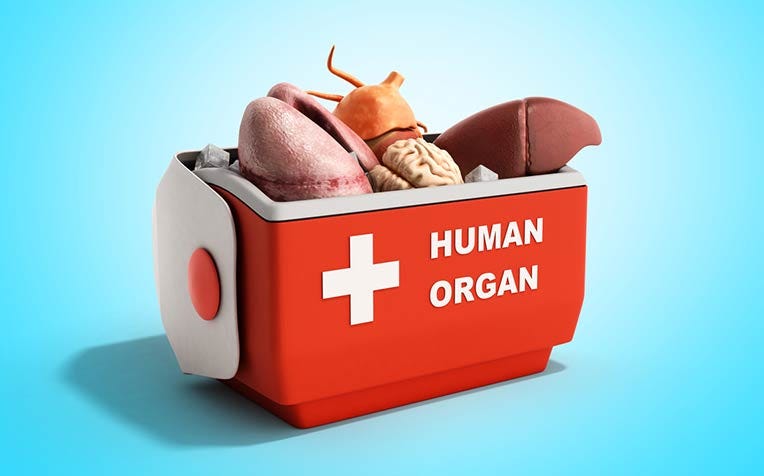The Future of Organ Transplants: 3D Printing and Beyond
Written by Azzy Xiang
The field of organ transplantation is on the cusp of a revolutionary transformation, largely driven by advancements in technology such as 3D printing and regenerative medicine. For years, the gap between the demand for organs and the availability of suitable donors has been a pressing issue, leading to long waiting lists and, tragically, loss of life. However, with the advent of 3D printing, organs may be created on-demand in the future.
3D printing, or additive manufacturing, allows for the precise layering of materials to create complex structures. In the realm of organ transplants, researchers are exploring the potential to print functional organs using bio-inks made from living cells. This approach could lead to the creation of organs that are not only anatomically correct but also biocompatible, reducing the risk of rejection by the recipient's immune system.
Advancements in stem cell therapy and tissue engineering are paving the way for the development of organoids—miniature, simplified organs that can be used for research and drug testing. These organoids can provide insights into how diseases affect organs and how they respond to treatments, rather than unethical animal testing or human clinical subjects that may be at various risks when experimented on.
Bioprinting technology is evolving rapidly. Researchers will be able to print blood vessels, heart tissues, and even more complex organs, such as kidneys and livers. As these technologies mature, we may soon witness the first successful implantation of 3D-printed organs into patients.
However, as with any major advancement, the ethical implications of these advancements are also significant. As we move toward a future where organs can be printed and customized, questions arise about accessibility, regulation, and the potential for commodification of human tissue. Ensuring equitable access to these technologies will be crucial in shaping the future landscape of healthcare.
We may soon find ourselves in a world where organ shortages are a thing of the past, fundamentally changing the lives of countless individuals awaiting transplants.
Written by Azzy Xiang from MEDILOQUY


